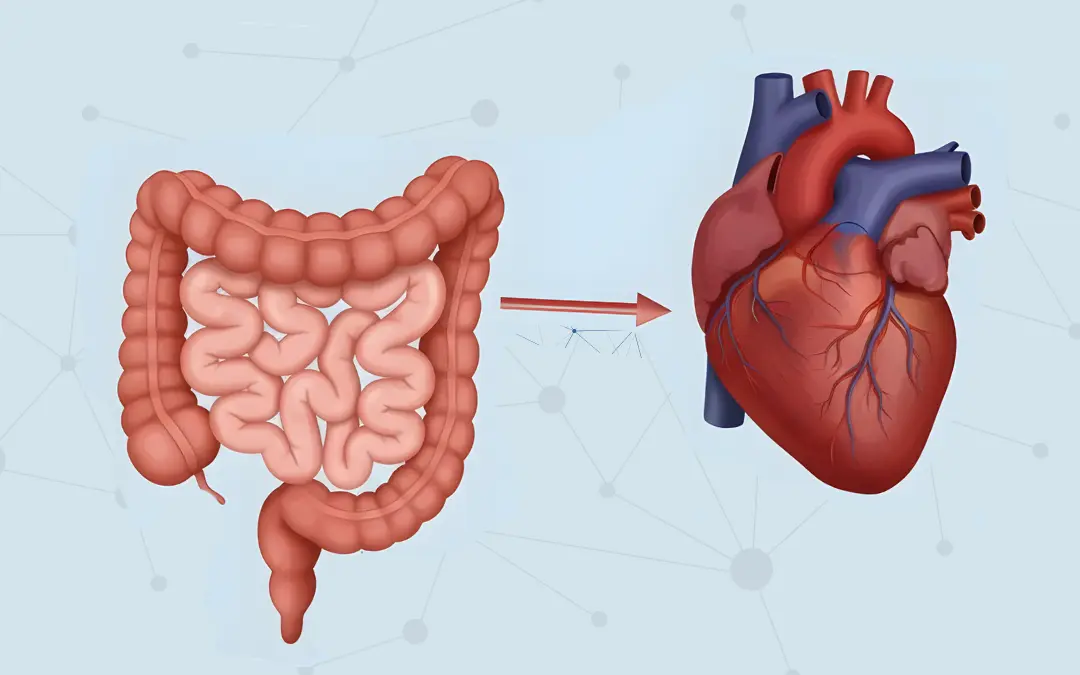- Written by Dr Arun Paul K, Consultant at UWAY Health
What’s Changed in the Last 10 Years
Let’s go back about 10 years. Be honest, how many fertility clinics had you come across? Even if you lived in a major Indian city, you probably knew just one or two doctors who handled “infertility.” It wasn’t something people openly spoke about. Definitely not in social circles. Now look around fertility clinics are everywhere. There’s one in nearly every upscale neighbourhood. You see Instagram ads, billboards, and even influencers talking about IVF. But there’s still one part that remains silent: Men’s fertility. And as a doctor, I think it’s time we change that.
The Silent Half of the Problem
In most cases, when a couple struggles to conceive, the focus immediately shifts to the woman. Tests begin, hormones are checked, and she’s often advised to change her lifestyle or start treatment. But research and clinical experience tell a different story: In India, 22 to 33 million couples face infertility. Nearly half of these cases are due to issues on the male side low sperm count, poor motility, hormone imbalances, or simply chronic stress and fatigue. And yet, in many clinics, men are tested last, sometimes not at all. I’ve seen women take the blame just to protect their partner’s pride. That silent burden they carry is heartbreaking. Let’s be clear: this is not a women-only issue. And if you’re a man reading this — you’re not alone.

Why Men Often Don’t Get Checked
I think it’s partly how we’ve been conditioned. For generations, we’ve believed that being a man means staying strong, never showing weakness, never asking for help. So when something like fertility comes up — something tied so closely to identity and masculinity — many men shut down. Add to this the confusion: “I feel fine otherwise, so how could anything be wrong?” “My reports look okay, so why hasn’t it happened yet?” “Do I really need help, or is this just stress?” These are the questions I hear often — and they’re completely valid. But behind them is something deeper. A quiet discomfort. And that’s where Ayurveda offers a different kind of lens.
What Ayurveda Looks At
In Ayurveda, we don’t look at fertility in isolation. It’s not just about sperm or reports. It’s about your entire system — digestion, sleep, stress, emotions, and even your daily habits. There’s a concept called Shukra Dhatu — the deepest tissue layer in your body responsible for reproductive health, vitality, and energy. When Shukra is strong, you feel confident, energetic, and centered. When it’s weak, it shows up in subtle ways — low desire, disturbed sleep, mental fog, fatigue, or even emotional disconnection. You may not even notice it. Or you might just feel “off” without knowing why.

How Do You Know If Something’s Off?
Here’s what some of my patients told me before they came in: “I’m not as interested in sex as I used to be.” “I get anxious when the topic of having a baby comes up.” “I’m tired all the time — mentally and physically.” “I’ve done some tests, but they say things are normal. Still nothing is working.” If any of this sounds familiar, you’re not imagining it. And you’re definitely not alone.

What Treatment Looks Like — Step by Step
Let’s not jump to tablets or therapies right away. That’s not how Ayurveda works. Treatment usually happens in stages, and each one has a purpose. Here’s what most men can expect:
Stage 1: Reset and Realignment
This is where we start. Most people come in with layers of stress, poor digestion, erratic sleep, and emotional overload. So we begin by gently cleansing and calming the system — through simple internal medicines, changes in diet, and therapies that help the body let go of built-up toxins. You’ll likely start feeling lighter, sleeping better, and even thinking more clearly during this phase. This stage is often enough to shift something important — both in body and mind.
Stage 2: Strengthening and Nourishing
Once your system starts settling into rhythm, we begin the next phase — building strength. This includes tailored herbs, changes in food, and daily routines that support hormone balance and reproductive health. We’re not just looking to fix a number on a report. We’re looking to restore your vitality. And as that happens, patients often report something interesting: they feel like themselves again — but more grounded, more clear, and more in control.
Stage 3: Supporting Natural Conception
In this phase, we help you and your partner create the best possible environment — physically and emotionally — for conception. We support the timing, reduce pressure around intimacy, and offer simple ways to stay connected as a couple, rather than letting this journey become a source of stress. And even if you’re going through IVF or other treatments, Ayurveda can complement that path — improving your chances, supporting recovery, and bringing clarity.
Other Things We Focus On
Food – your diet is your first medicine. The wrong foods can drain energy and dull the mind. The right ones can build strength and improve sperm health. You don’t need a complicated chart — just fresh, warm, nourishing meals at the right time can make a big difference.
Mind — we don’t separate the mind from the body. Stress, performance anxiety, guilt, or even unspoken fears can affect fertility more than you’d think. We guide you in simple practices to calm your nervous system and improve emotional resilience.
Movement — you don’t need to lift weights or run marathons. In fact, too much exercise can be harmful during this time. What you need is balanced movement walking, yoga, stretching things that bring energy, not drain it.
Intimacy — when conception becomes the goal, intimacy often turns mechanical. We help couples rediscover connection, patience, and ease because when pressure reduces, the body often responds better too.

What brings you to Ayurveda today?
9 out of 10 people who reach out have already tried something else. You’re not alone — let’s find what truly works for you.
If You’re Wondering Whether This Will Help
If you’re wondering, “Will this really help me?” that’s natural. But here’s something we seen again and again: When the body feels safe, it heals. And when the mind feels supported, it begins to trust again. So no it is not a very quick process like a 5-day medicine course. But it is a path in the right direction with good clinical outcome.
About Author

Dr Arun Paul
Dr Arun Paul has completed his B.A.M.S from Alvas Ayurveda Medical College, Moodbidri, Mangalore, under Rajiv Gandhi University of Health Sciences, Bengaluru. He further holds additional qualifications in PGDAGM (General Medicine – Ayurveda), CCDDA (Diabetes), and ADP (Panchakarma), equipping him with specialized skills in both preventive and therapeutic care.







